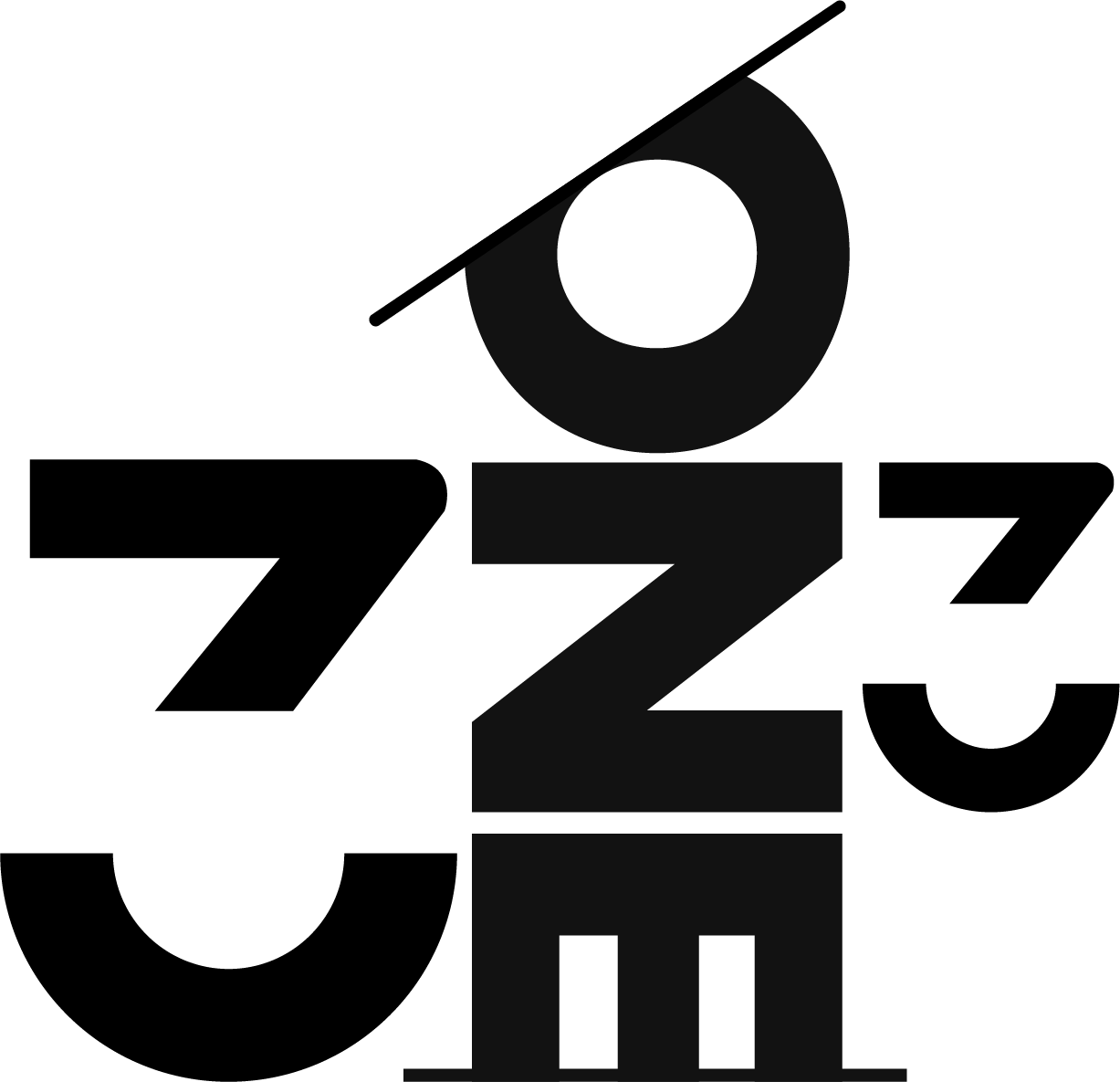The Council of Islamic Ideology has declared VPN “un-Islamic”

The Council of Islamic Ideology (CII) has taken a firm stance against the use of Virtual Private Networks (VPNs) in Pakistan. According to the CII, VPNs are “un-Islamic” when used to access immoral or illegal content. This decision reflects growing concerns about the impact of VPN misuse on online morality and security.
What Prompted the CII’s Decision on VPN?
The CII argues that many users misuse VPN to bypass restrictions on websites hosting pornography or blasphemous material. According to Allama Dr. Raghib Hussain Naeemi, this behavior directly contradicts Islamic principles and undermines societal values. To address the issue, the council has recommended stricter controls.
Government’s Role in Regulating VPN
The CII has urged the government to regulate VPNs effectively. It directed the Pakistan Telecommunication Authority (PTA) to block unauthorized VPNs and ensure compliance with Islamic law. This initiative seeks to safeguard society from content that could harm its moral framework.
Social Media and Online Safety Concerns
In addition to VPN misuse, the council highlighted problems related to social media. It called for regulatory actions that promote safe and respectful online interactions. By doing so, the CII aims to reduce the spread of blasphemous or obscene material on digital platforms.
Striking a Balance Between Freedom and Responsibility
While VPNs are valuable for privacy and secure communication, their misuse presents challenges. The CII believes that technology should align with ethical and religious values. With better regulations, Pakistan can foster a digital space that respects Islamic principles while ensuring safety.




